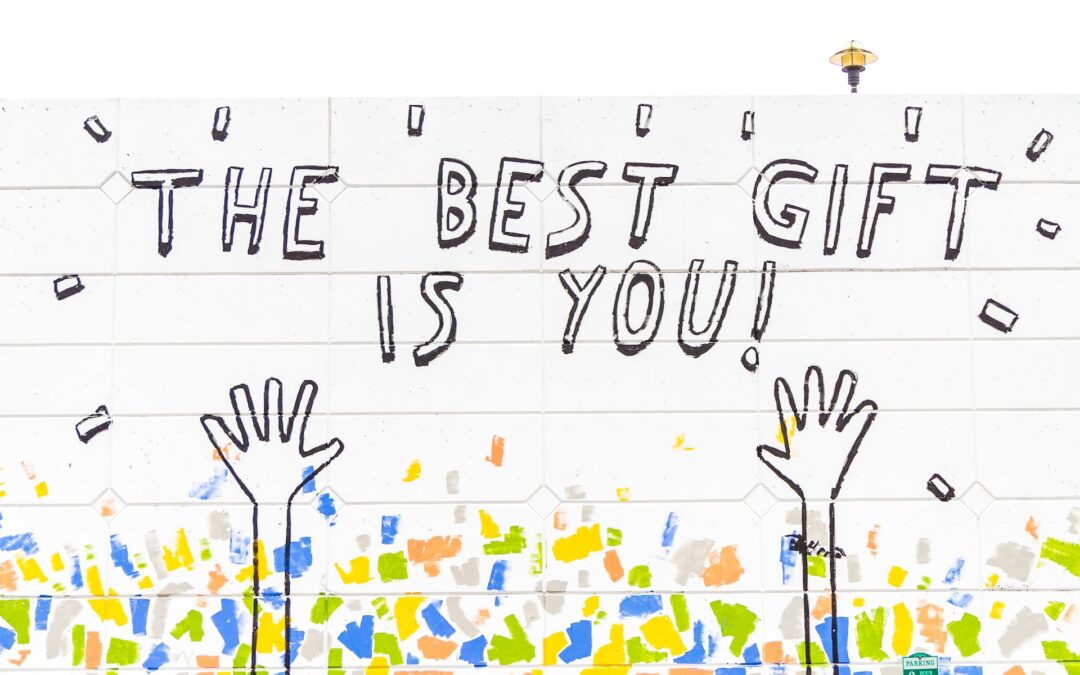Self-care, oh how it resonates deeply within the realm of personal development, where its significance cannot be emphasized enough! It encompasses a myriad of diverse practices, diligently tending to and bestowing utmost priority upon one’s physical, emotional, mental, social, and even spiritual well-being. Brace yourself, dear reader, for within this very article, we shall embark upon an expedition to unravel the profound significance of self-care in the realm of personal growth and fulfillment. Together, we shall delve into the intricate dimensions of self-care, traversing the vast landscape it encompasses and unearthing its undeniable connection to the holistic well-being of individuals.
Table of Contents
- Introduction
- Understanding Personal Development
- What is Self-Care?
- The Connection between Self-Care and Personal Development
- Physical Self-Care
- Emotional and Mental Self-Care
- Social Self-Care
- Spiritual Self-Care
- The Benefits of Self-Care
- The Importance of Self-Care Practices for Personal Development
- Overcoming Barriers to Self-Care
- Integrating Self-Care into Daily Life
- Cultivating a Self-Care Mindset
- The Importance of Self-Care and Resilience
- The Importance of Self-Care for Long-Term Personal Growth
Introduction
Personal development involves continuous growth and self-improvement, and self-care serves as the foundation for this journey. It encompasses practices and habits that prioritize self-nurturing and well-being, fostering a holistic approach to personal growth.
Understanding Personal Development
Personal development involves intentional efforts to improve various aspects of one’s life, such as skills, knowledge, relationships, and overall well-being. It encompasses self-awareness, goal setting, self-reflection, and the pursuit of a fulfilling and meaningful life.
What is Self-Care?
Self-care refers to activities and practices that promote physical, emotional, mental, social, and spiritual well-being. It involves taking deliberate actions to meet one’s needs, recharge, and replenish energy reserves. Self-care is not indulgent or selfish; it is a necessary investment in oneself.
The Connection between Self-Care and Personal Development
Self-care and personal development are deeply interconnected. Prioritizing self-care supports personal growth by ensuring individuals have the necessary physical and emotional resources to navigate challenges, pursue goals, and maintain overall well-being. Self-care provides a strong foundation for personal development efforts.
Physical Self-Care
Physical self-care encompasses activities that promote physical health, such as regular exercise, proper nutrition, adequate sleep, and regular medical check-ups. Taking care of the body directly impacts energy levels, cognitive function, and overall vitality.
Emotional and Mental Self-Care
Emotional and mental self-care involves practices that enhance emotional well-being and mental clarity. It includes activities like practicing self-compassion, engaging in stress-reducing techniques, seeking therapy or counseling when needed, and cultivating healthy coping mechanisms.
Social Self-Care
Social self-care involves nurturing healthy relationships, setting boundaries, and engaging in meaningful connections with others. It includes spending time with loved ones, seeking support, participating in social activities, and surrounding oneself with a supportive network.
Spiritual Self-Care
Spiritual self-care refers to practices that nourish the spirit and nurture a sense of purpose and meaning. It can involve engaging in mindfulness or meditation, connecting with nature, engaging in religious or spiritual practices, or exploring personal beliefs and values.
The Benefits of Self-Care
Self-care provides numerous benefits for personal development. It improves overall well-being, reduces stress, enhances resilience, boosts productivity, increases self-esteem, fosters self-awareness, and promotes a positive outlook on life. It enables individuals to show up as their best selves in various areas of life.
The Importance of Self-Care Practices for Personal Development
There are various self-care practices individuals can incorporate into their personal development journey. These include creating a self-care routine, practicing mindfulness, engaging in hobbies and activities that bring joy, setting boundaries, practicing self-compassion, and seeking support when needed.
Overcoming Barriers to Self-Care
Many individuals face barriers when it comes to prioritizing self-care. These may include time constraints, guilt, societal expectations, and difficulty in setting boundaries. Overcoming these barriers involves recognizing the importance of self-care, reframing mindset, and making conscious choices to prioritize well-being.
Integrating Self-Care into Daily Life
Integrating self-care into daily life involves making self-care a non-negotiable part of routine and lifestyle. It requires identifying personal needs, scheduling self-care activities, and being intentional about self-nurturing practices. Small, consistent actions can have a significant impact on personal well-being and development.
Cultivating a Self-Care Mindset
Cultivating a self-care mindset involves shifting beliefs and attitudes towards self-care. It requires acknowledging that self-care is essential, reframing self-care as an act of self-love, and prioritizing personal well-being as a necessary foundation for personal growth and fulfillment.
The Importance of Self-Care and Resilience
Self-care plays a vital role in building resilience—the ability to bounce back from challenges and adversity. By nurturing physical, emotional, and mental well-being, self-care provides individuals with the strength and resources to navigate difficulties and maintain a positive outlook.
The Importance of Self-Care for Long-Term Personal Growth
Self-care is not a one-time event but a lifelong practice. It is a commitment to ongoing self-nurturing and self-improvement. By prioritizing self-care throughout the personal development journey, individuals can sustain long-term growth, well-being, and fulfillment.













0 Comments